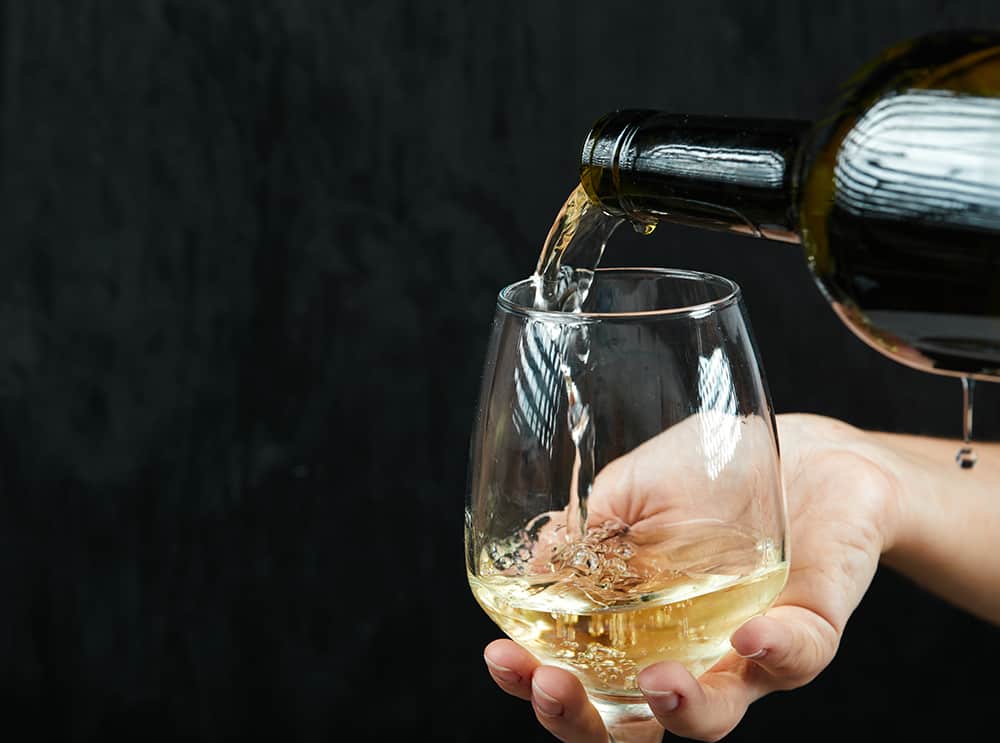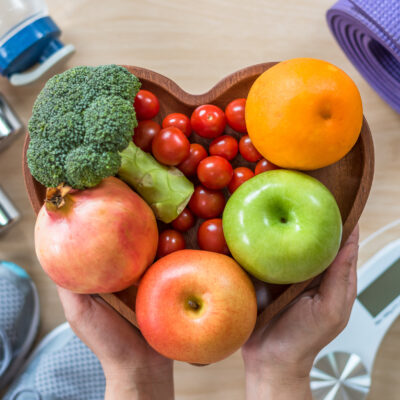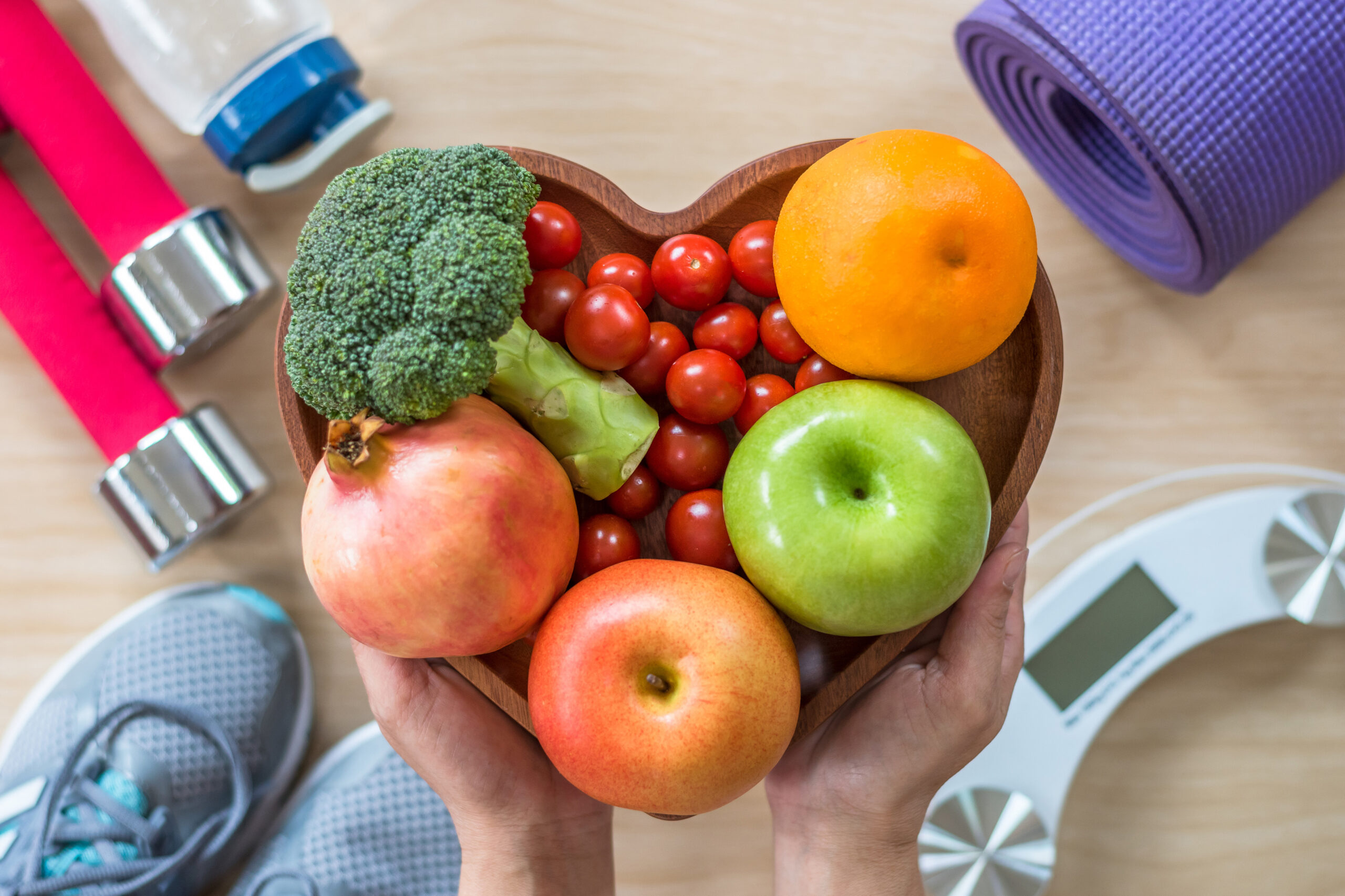How Does Alcohol Affect Muscle Growth?

Fitness is about more than simply working out a few times per week. While exercise is essential for building muscle and burning fat, it may not have much of an impact if you aren’t following a solid nutrition plan. One factor that can throw a wrench into your fitness goals is consuming alcoholic beverages, even if you follow an otherwise healthy diet.
Alcohol is often considered to be a source of empty calories, since it’s high in sugar and generally contains no substantial nutrients. However, alcohol also has adverse effects beyond simply being a source of excess calories. In other words, drinking a cocktail can have a greater impact on your fitness than eating a donut or having a bowl of ice cream. When you consume alcohol post-workout, you hinder your body’s ability to build muscle tissue. In addition, alcohol affects your endocrine system, so it can throw off your hormonal balance and impair your metabolism. Continue reading for a closer look at the relationship between alcohol and muscle growth.
Understanding How the Body Builds Muscle
To understand how alcohol impacts your muscle gains, it’s important to know how the body builds muscle tissue. Working out causes damage to muscle fibers, which triggers a process called myofibrillar protein synthesis (MPS). This process repairs the muscle tissue and helps muscles grow bigger and stronger over time. That’s why you need to have plenty of protein in your diet to fuel that muscle repair and growth.
How Alcohol Affects Muscle Growth
Alcohol has adverse effects on muscle growth because it interferes with MPS, causing the body to break down protein at a rate faster than protein synthesis can occur. Even if you add more sources of protein to your diet while drinking alcoholic beverages, your body simply cannot synthesize protein fast enough to catch up.
Another factor to consider is how alcohol impacts your metabolism and digestion. Alcohol makes it more difficult overall for your body to absorb key nutrients from the food you eat, because drinking alcohol raises your blood sugar. Drinking also has a significant effect on liver function. Excess alcohol consumption creates a fatty liver, which can in turn slow down your metabolism and change how your body stores energy—that’s one reason why alcohol is often associated with a beer belly. Whether your primary fitness goal is weight loss or muscle tone, the effects of alcohol can slow down your progress and limit the results you see from your hard work in the gym or with your at-home workouts.
Consuming Alcohol While Staying Fit
While there’s a strong case to be made for avoiding alcohol altogether, it’s not impossible to enjoy the occasional spirit or glass of wine and still see progress with your fitness. Many of the negative effects of alcohol compound over time, so celebrating special occasions with a drink or having a weekly happy hour with friends won’t completely counteract your workouts. Drinking greater amounts of alcohol or binge drinking, however, can be incredibly detrimental to your muscle recovery as well as your overall health. To minimize the impact of alcohol on your fitness, keep the following strategies in mind.
- Work out early in the day. Creating some distance between your workout and your next alcoholic beverage can assist in muscle recovery. Avoid having drinks immediately post-exercise and try to schedule your workouts earlier in the day. Starting your day with exercise can have some other benefits as well, such as an energy boost and increased mental sharpness throughout the day.
- Limit yourself to 1-2 drinks. When you do decide to imbibe, keep your consumption limited to just one or two drinks. One standard drink is 12 ounces of beer (about 5% alcohol), 5 ounces of wine (about 12% alcohol), or 1.5 ounces of distilled spirits. You should also drink extra water to stay hydrated when you’re consuming alcohol.
- Rethink your drink of choice. Some studies show that the occasional glass of red wine can be beneficial to your health, thanks to the presence of antioxidants with anti-inflammatory properties. With beer, select varieties with lower ABV—lagers, pale ales, and session ales tend to be lower in alcohol and lower in calories than other varieties. If you prefer cocktails over beer or wine, be selective about your mixers of choice. Many cocktails contain lots of sugary additions like soda or juice.
Improving your fitness involves an ongoing effort, but you don’t have to do it on your own. Body Essentials can help you create a comprehensive fitness and nutrition plan with our virtual personal training services. We offer fitness classes on-demand, group personal training, and private training sessions to help you achieve your goals with dedicated attention from experienced fitness experts. Call us at 802-345-9644 or request a consultation online to begin your fitness journey with us.







